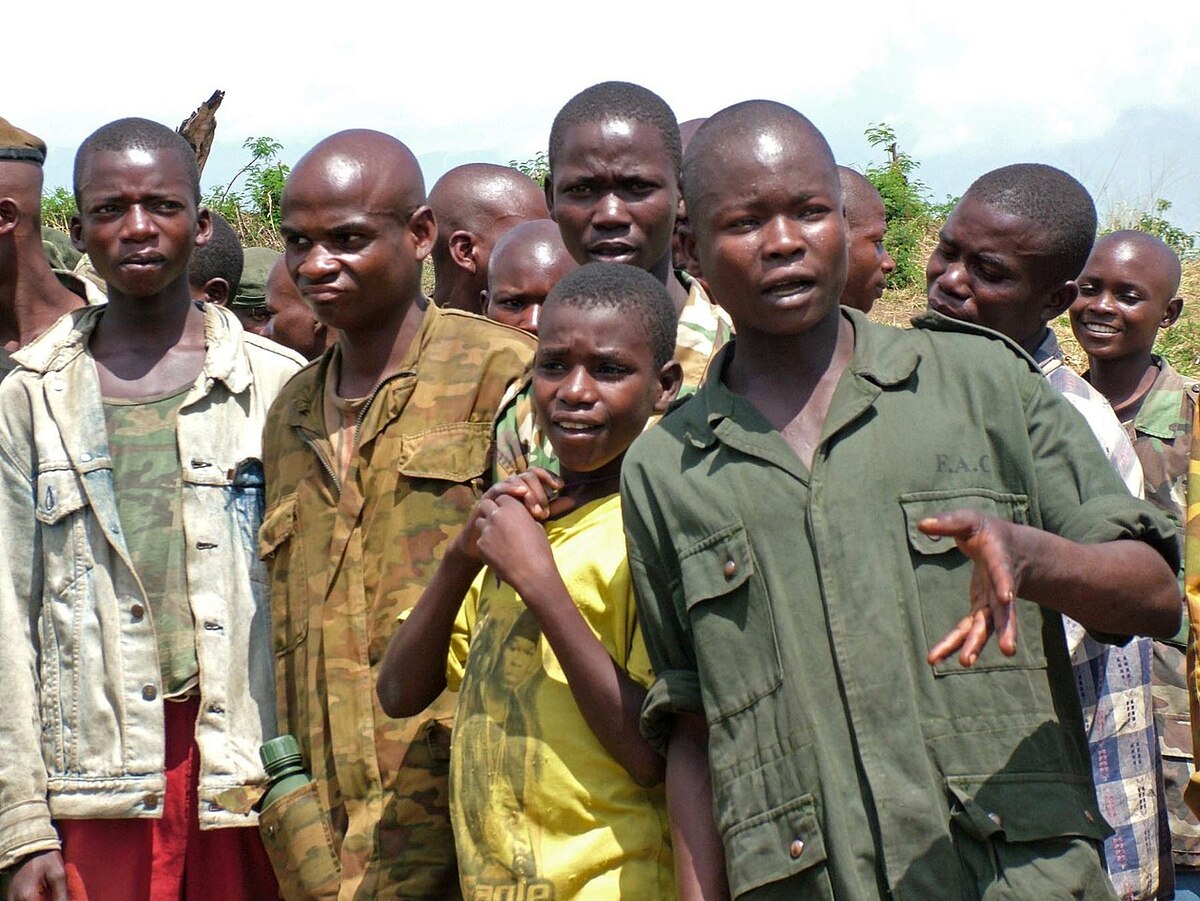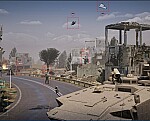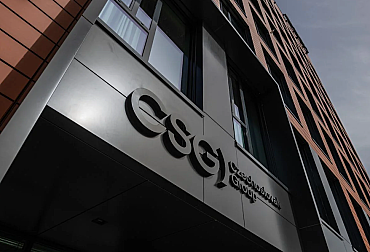Haiti is sinking deeper into armed gang violence. According to the UN, up to half are child soldiers
The UN has begun evacuating its staff from Haiti due to the growing influence of organized crime groups, which already control most of the capital, Port-au-Prince. A recent UNICEF report revealed a marked increase in the number of minors involved in these gangs, with children now comprising up to half of their members. The Caribbean country has descended into chaos in stages since the devastating earthquake in 2010, with successive governments failing to restore stability. The country’s transitional leadership has called for the current international security mission to be upgraded to a full-fledged Blue Helmets peacekeeping operation. However, this proposal has been blocked by Russia and China. Despite these challenges, the United Nations has pledged not to abandon the country.

The situation in Haiti, located on the western part of the Caribbean's second-largest island, Hispaniola, continues to deteriorate, while its neighbor, the comparatively stable Dominican Republic, remains unaffected. Armed gangs in Haiti are consolidating their power, with violence spreading unchecked. According to international observers, these gangs control 80–90% of Port-au-Prince, while the regular army and police lack the manpower, equipment, and determination to resist. A particularly troubling development is the increasing recruitment of child soldiers. UNICEF reports that the number of children recruited by criminal groups has risen by 70% in the last year, with children now accounting for as much as half of these groups' members.
"The unprecedented increase recorded between the second quarter of 2023 and 2024 highlights the worsening child protection crisis on the violence-plagued Caribbean island," UNICEF said in a statement. The organization attributed the surge in child recruitment to widespread poverty, lack of education, and the general collapse of critical infrastructure, including social services, in Haiti. "Children in Haiti are trapped in a vicious cycle—recruited into heavily armed groups out of desperation, with their numbers steadily increasing. We must reverse this unacceptable trend by making the safety and well-being of children a priority for all stakeholders," said UNICEF Director Catherine Russell.
UNICEF further emphasized that children who refuse to join these groups are often branded as spies or traitors, putting their lives and the lives of their families in grave danger. In Port-au-Prince alone, 1.2 million minors live under the constant threat of armed violence. Of the 700,000 internally displaced individuals, over half are children, with a quarter living in dire conditions. The prevalence of sexual violence by gangs has also surged, with the number of child victims increasing tenfold this year. "Children in many parts of Haiti are enduring atrocities no child should ever face, leaving them with profound psychological and emotional scars. Chaos and terror have become a daily reality," Russell added in an official statement.
In response to the escalating crisis, Haiti's transitional government formally requested in late October that the current international security mission be elevated to a full UN peacekeeping operation. Haiti previously hosted the UN Stabilization Mission in Haiti (MINUSTAH) from 2004 to 2017, which was later succeeded by the UN Mission in Support of Justice in Haiti (MINUJUSTH) until 2019. The current Multi-National Security Assistance Mission (MSS), led by Kenyan troops and supported by financial commitments from the US, Canada, and France, aims to assist local forces. Despite support from most UN Security Council members, Russia and China opposed the peacekeeping proposal, arguing that the situation must stabilize before deploying peacekeepers. "The MSS in Haiti, though well-intentioned, is facing severe financial, human, and logistical challenges, making it incapable of addressing the magnitude of the threat," Haiti’s ambassador to the UN, Antonio Rodrigue, told Reuters.
The United Nations has also begun withdrawing personnel from the most vulnerable areas. According to Panama's Foreign Ministry, two planes carrying police advisers and UN officials arrived in Panama in the last week of November. Officials confirmed that the organization’s presence in Haiti, particularly in the most dangerous areas of the capital, was being scaled back, with plans to redeploy staff to safer parts of the country. "We are not leaving Haiti," UN Haiti coordinator Ulrika Richardson stated, according to Reuters. Meanwhile, US-based humanitarian organizations such as Mercy Corps and Doctors Without Borders have also suspended operations in Port-au-Prince.









